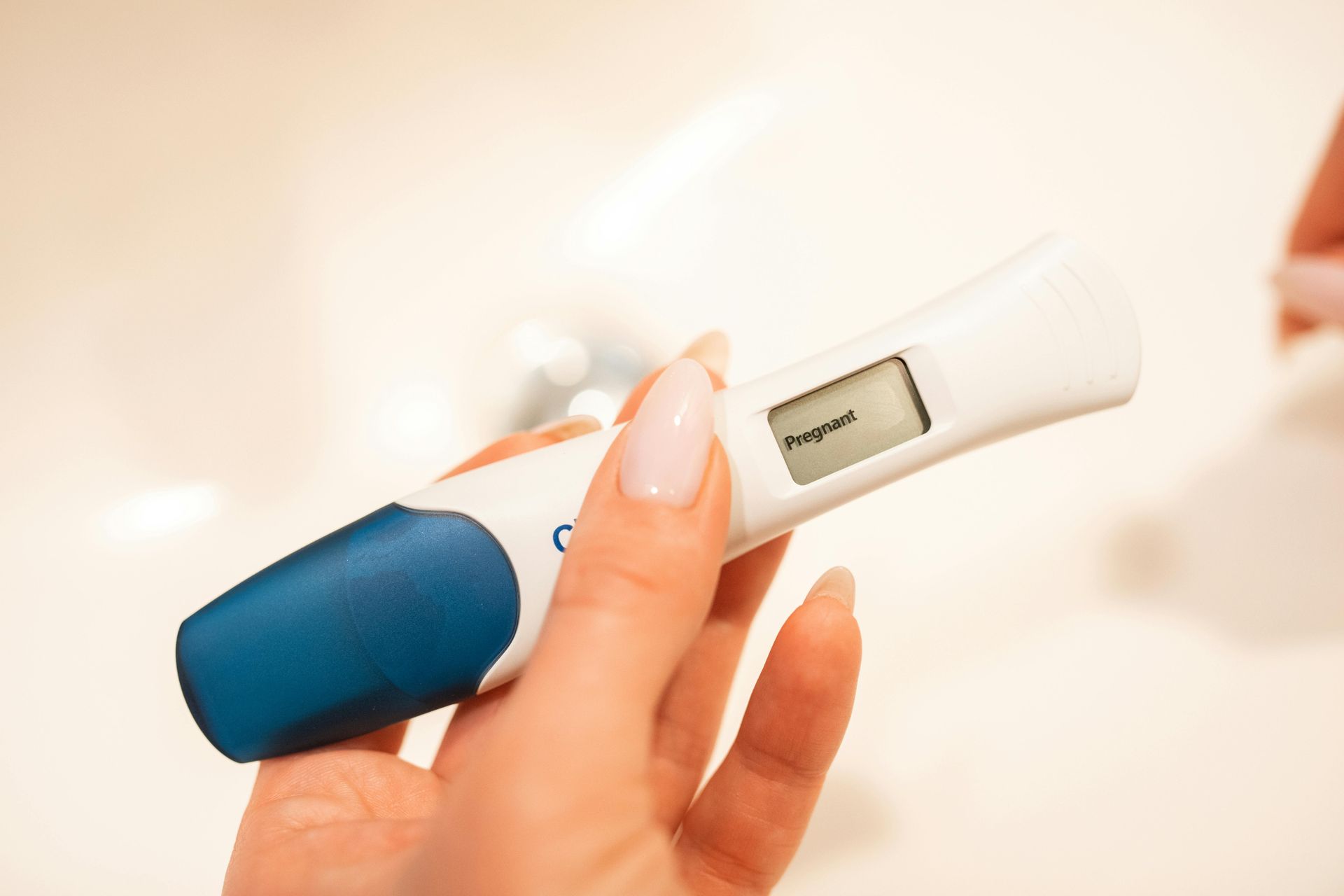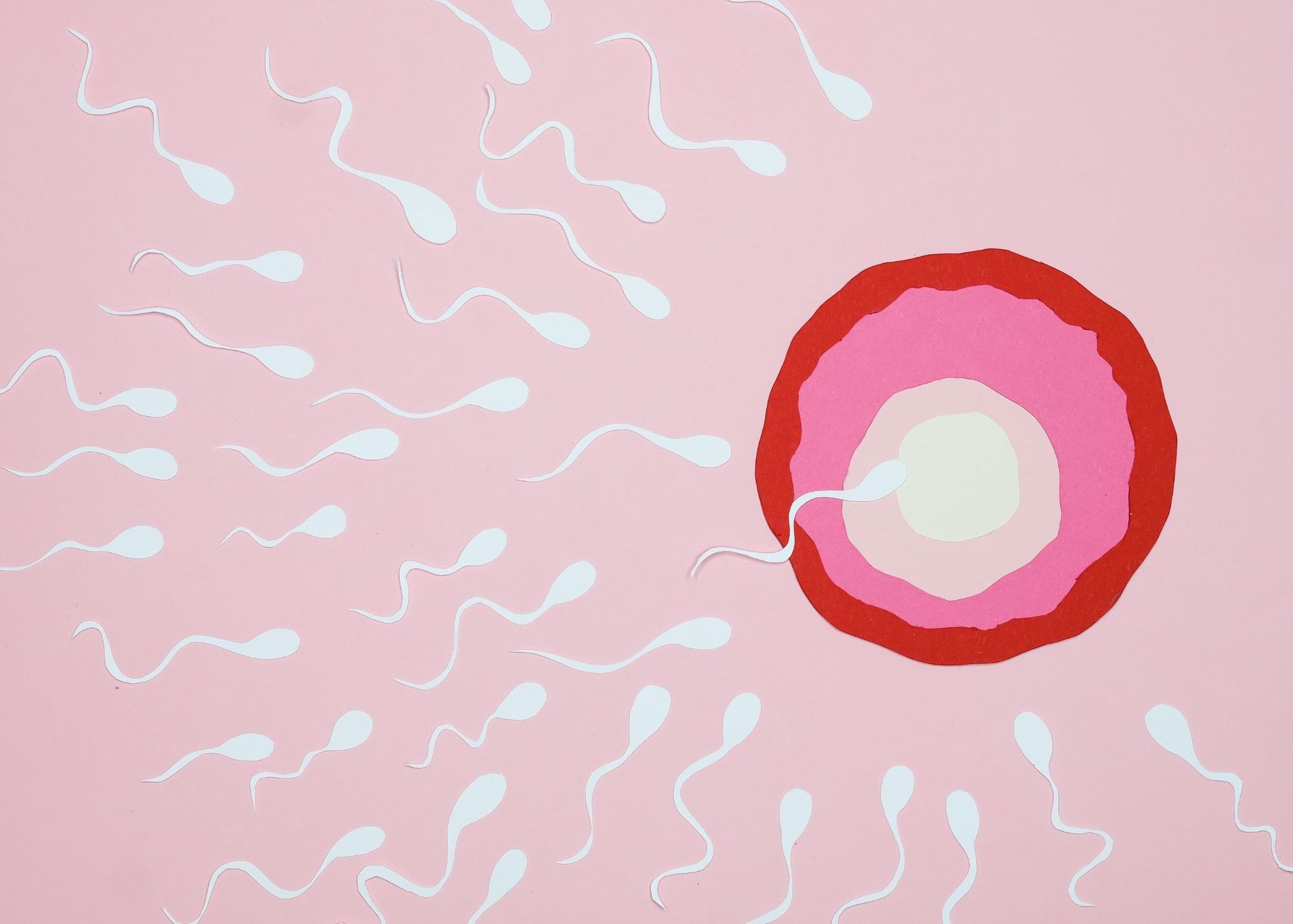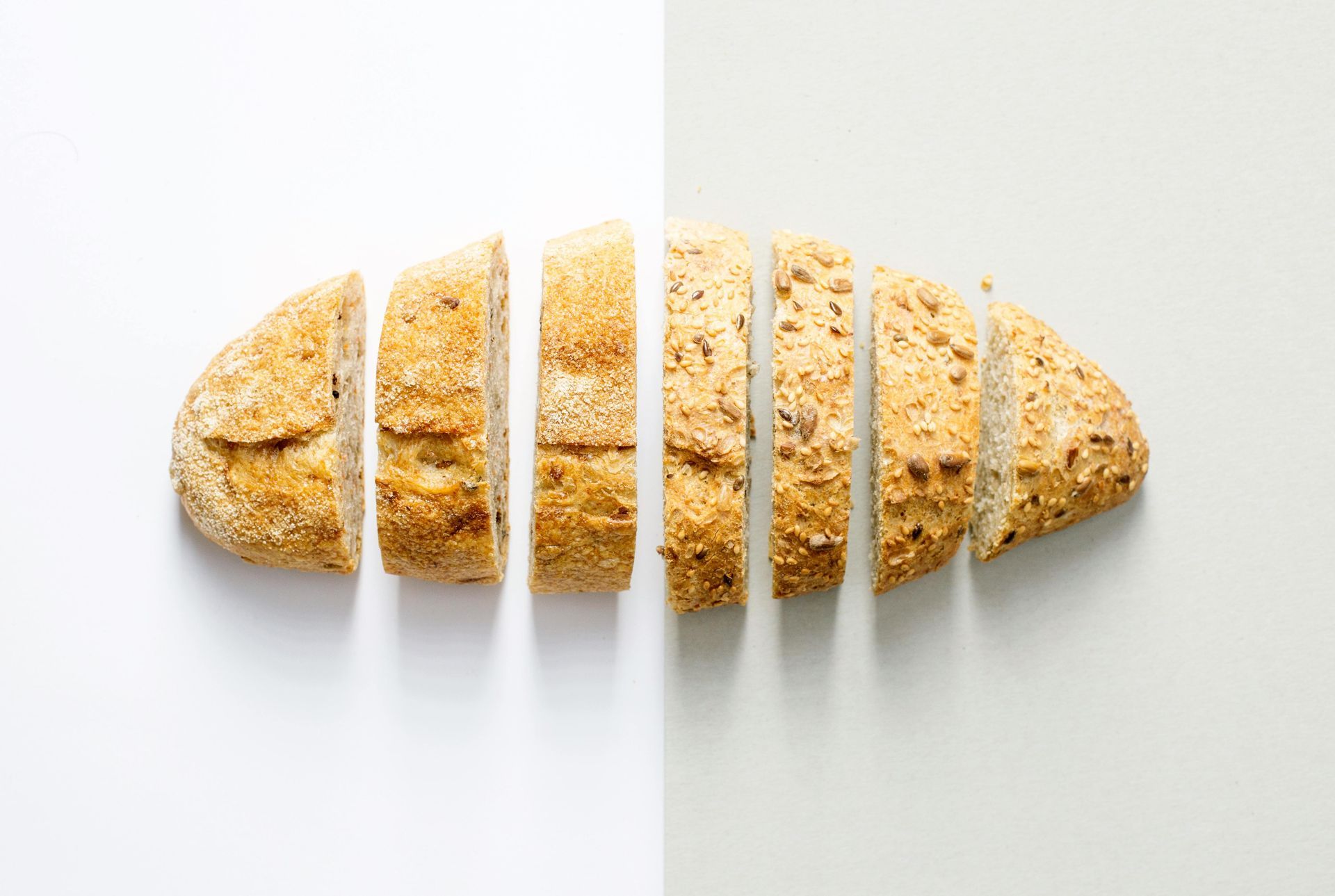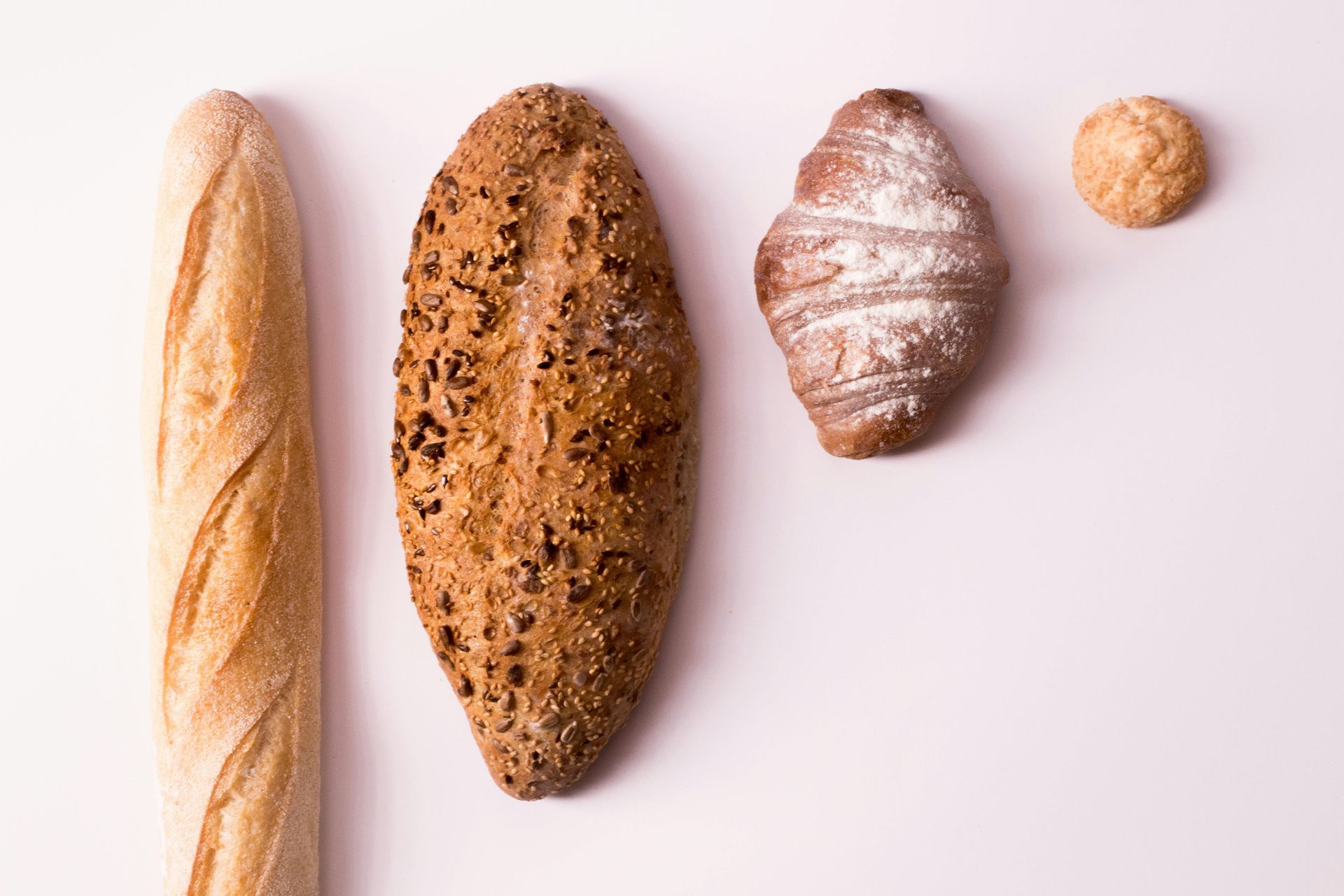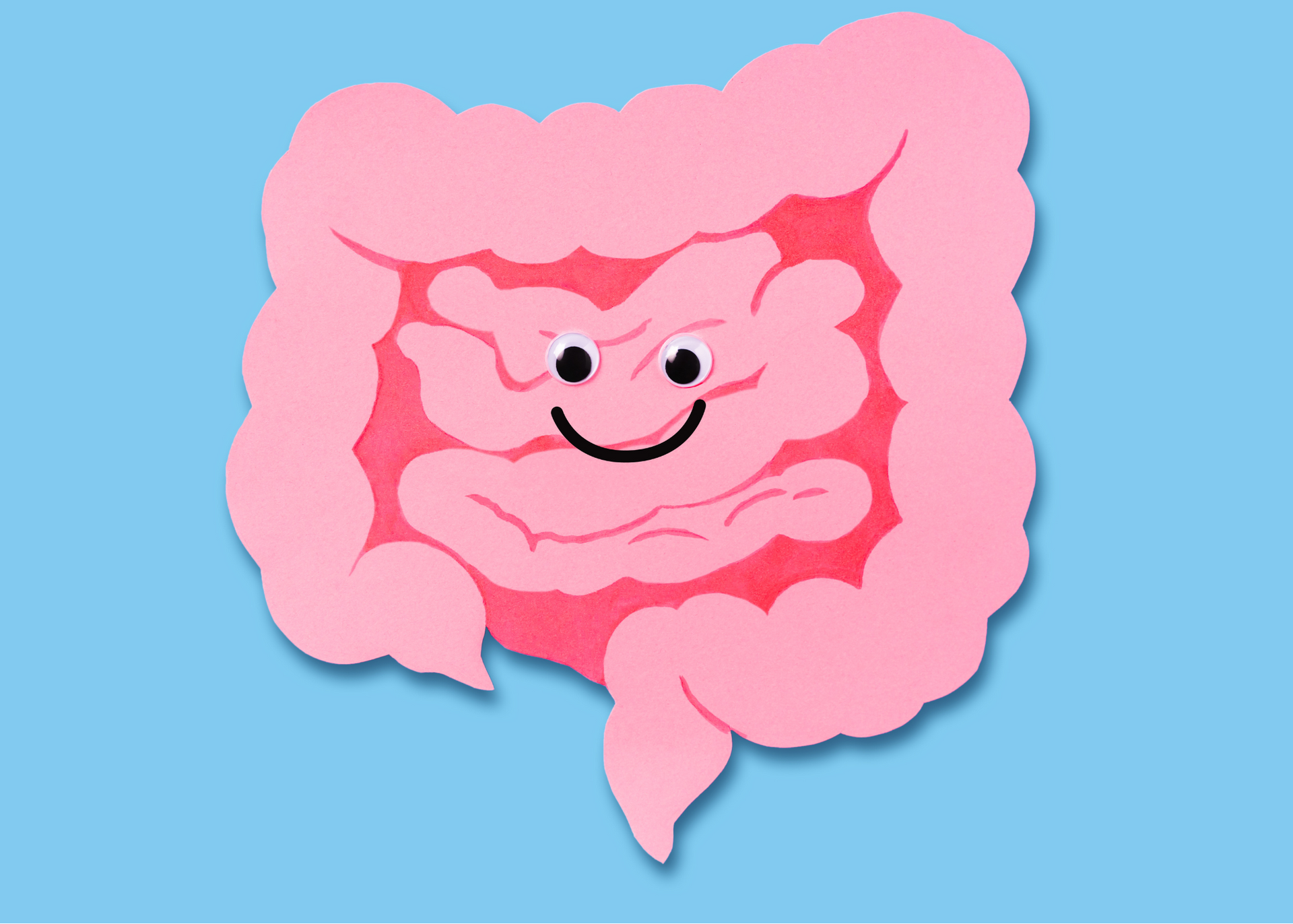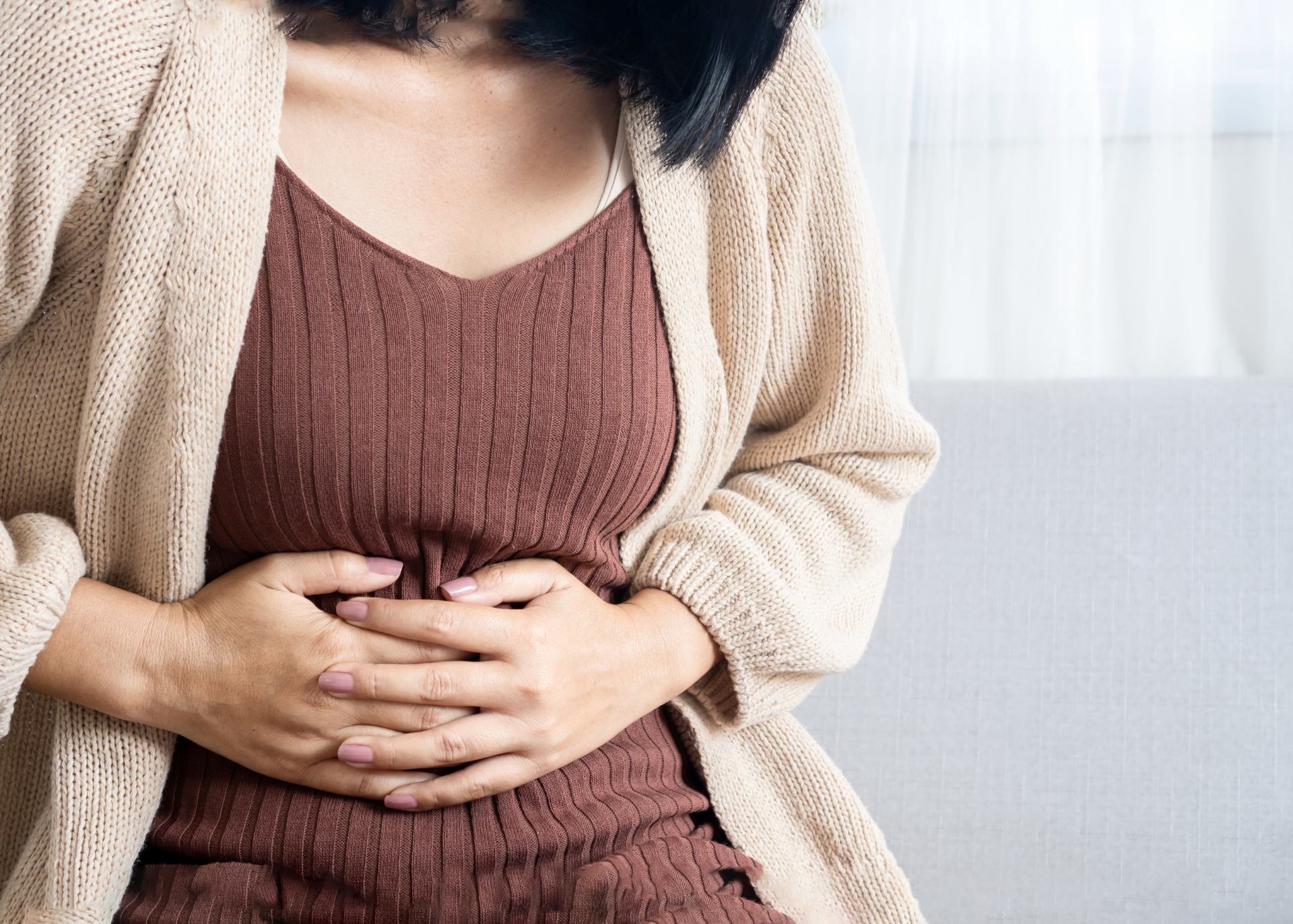Carbs and PCOS: All your Questions, Answered
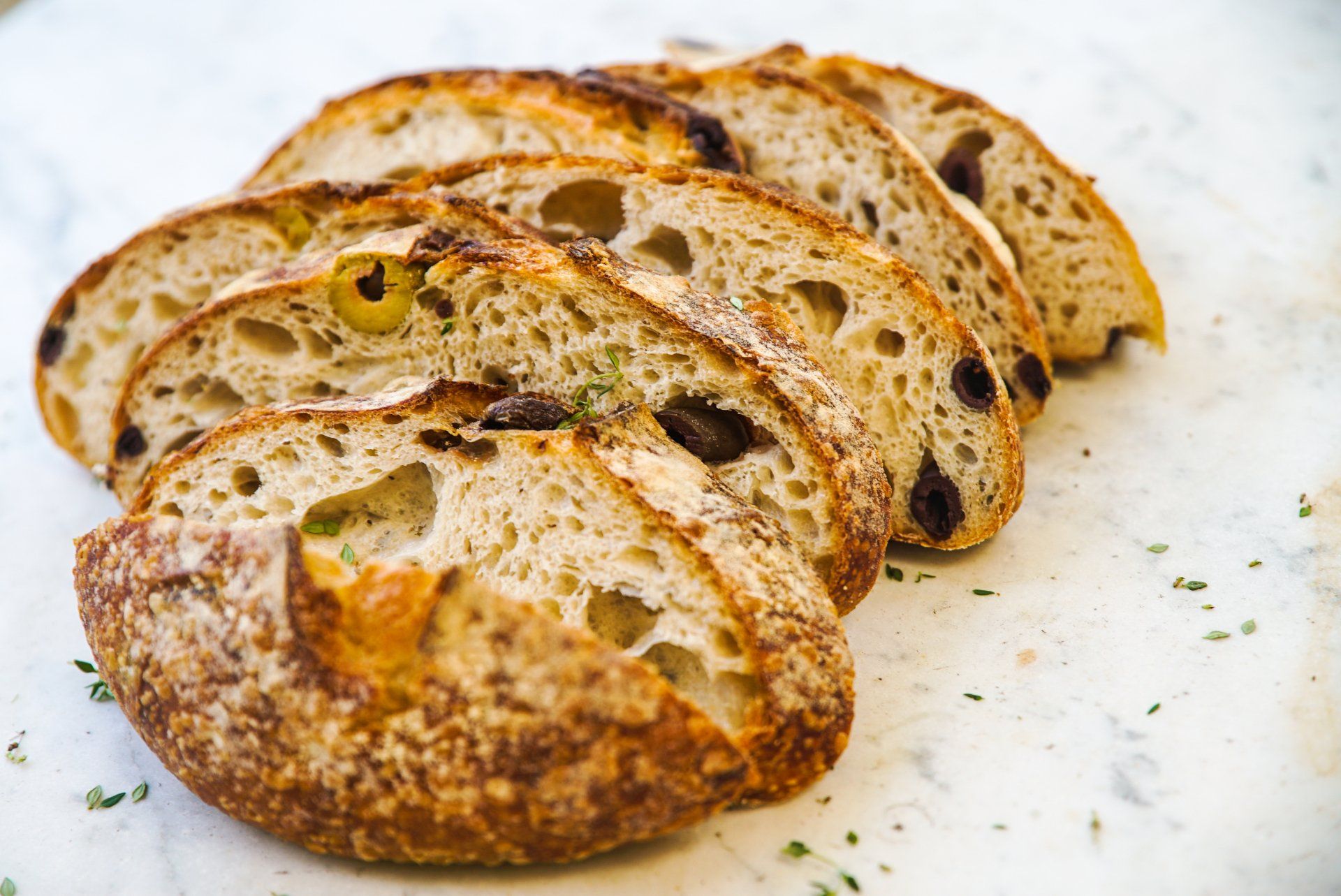
Polycystic ovary syndrome (PCOS) is a condition that affects 1 in 10 women, and up to 70% of affected women remain undiagnosed.
Countless women have told me they think they have to go on an extreme diet, cut out carbs completely, or go keto to improve their PCOS. Thankfully that’s far from the truth.
Gentle, sustainable nutrition and lifestyle shifts can make a world of difference in managing PCOS, improving PCOS symptoms, and putting PCOS into remission.
In this article, we’ll cover:
- Understanding PCOS and its main features
- How carbs impact the development and progression of PCOS
- What foods are carbs in?
- Separating fact from fiction: Should you eat low-carb for PCOS?
- Healthy ways to incorporate carbs with PCOS
- Other lifestyle factors to consider with PCOS
PCOS: The Basics
PCOS is a condition that primarily affects women between the ages of 18 and 35. The ovaries typically make small amounts of androgens (male sex hormones), but in women with PCOS they make larger amounts of androgens.
High androgens lead to the production of small cysts (fluid filled sacs) on the ovaries and other health complications.
Some women with PCOS don’t develop cysts, but it is a common indicator in many women. PCOS is a double-edged sword because high androgens lead to the development of cysts, and the cysts produce even more androgens.
The main symptoms of PCOS include:
- Irregular periods
- Hormonal imbalances
- Cysts on the ovaries
- Excess hair on the chest, stomach, back, face (mimicking male patterned hair growth)
- Hair loss or thinning on the head
- Metabolism problems
- Weight gain, especially belly fat
- Infertility
- Acne
Unfortunately many women see
multiple doctors and spend years looking for answers before they’re diagnosed with PCOS. Even after diagnosis, many women report feeling unsatisfied with their care.
Fortunately you can manage your PCOS naturally with diet and lifestyle strategies. Women who joined
The Restore Program were able to lose stubborn weight, get their energy back, clear their skin, and regulate their periods.
Katie, who struggled with PCOS for over ten years, lost weight, experienced a huge energy boost, reversed her fatty liver, and got pregnant thanks to the program!

How Carbs Impact PCOS: Insulin Resistance
About two-thirds of women with PCOS have insulin resistance and metabolic dysfunction. Elevated insulin levels in the body trigger the production of androgens, which speeds up the progression of PCOS.
Insulin’s job is to pick up glucose (sugar our body uses for fuel) and drive it into cells where it can be used as energy. Insulin resistance occurs when too much glucose has been circulating for too long and the cells become numb to insulin and stop responding.
If there is more glucose than the cells need for energy, it is stored as fat. Those extra fat cells produce more androgens. It’s easy to see how PCOS can quickly spin out of control.
To simplify: eating too many quick-burn carbs can cause insulin resistance and insulin resistance can lead to PCOS, make PCOS worse, and make PCOS remission virtually impossible.
But don’t panic! You can and
should
eat carbs. You just need to eat the right carbs the right way.
What are Carbs and What Foods are They In?
What Are Carbs?
Carbs are fibers, starches, and sugars found in a variety of foods that the body uses for fuel. Once they’re in the body they’re converted to glucose, which is also referred to as “blood sugar”.
Many women fear carbs will make them fat, but that’s not true.
Carbs have many essential functions, including:
- Providing the main energy source for the brain.
- Fueling muscles so you can get a great workout in.
- Balanced hormone production.
- Supporting thyroid health.
Quick-Burn Carbs vs Slow-Burn Carbs
There are two main types of carbs, quick-burn and slow-burn.
Quick-burn carbs are processed and lack fiber so your body burns through them quickly.
Examples of fast-burn carbs include:
- Pasta
- Bagels
- Crackers
- Tortillas
- Bread
- Chips
Slow-burn carbs are less processed and contain more fiber so the body burns through them slower. This provides long-lasting energy and minimizes blood sugar fluctuations.
Examples of slow-burn carbs include:
- Whole grains like oats, quinoa, and rice
- Beans and lentils
- Starchy vegetables like carrots, beets, and potatoes
- Winter squash
- Fresh fruit

Should You Eat Low Carb for PCOS?
Low-Carb vs Keto
First, what qualifies as a low carb diet?
A low carb diet and the keto diet both restrict carbohydrate intake, but to varying degrees.
Low carb diets include 10-30% of calories from carbs, amounting to about 50-150 grams of carbs per day. The keto diet is very low carb, usually allowing just 50 grams of carbs per day.
People following low carb diets tend to increase their protein intake, while people on keto diets focus on fat intake and keep both carbs and
protein low.
Neither diet is necessary for managing PCOS, and can actually lead to more health complications. Eating adequate amounts of carbs is necessary for women’s hormone health.
If someone tells you keto is the answer to your hormone struggles, run!
How Low Carb Diets can Make PCOS Worse
Eating less carbs can help with insulin resistance which can improve PCOS, but going too low can lead to problems.
It’s like goldilocks and the three bears - we want to find the amount of carbs that is “just right”.
Eating too few carbs can be counterproductive for hormone health for a number of reasons:
1. Low Carb is Stressful
Under eating carbs puts extra stress on the adrenals and thyroid. When the body isn’t getting enough carbohydrates for energy, it turns to protein.
This shift in energy production can put extra stress on our adrenal and thyroid glands. Eating the right amount of slow-burn carbs keeps the adrenals and thyroid functioning optimally.
2. Low carb starves your gut microbiome
Prebiotics are the fuel that gut bacteria need to thrive. Most prebiotics come from carb-rich foods like beans, apples, jicama, oats, bananas, and rice. Going low-carb starves the gut of prebiotics and leads to less healthy gut bacteria.
Less healthy gut bacteria increases the risk of hormone imbalances including PCOS.
3. You need carbs for effective workouts
Carbs replenish glycogen, a storage form of energy muscles need to function. Low-carb can make workouts feel harder and impair muscle growth, slowing down the metabolism and negatively impacting hormones.
4. Carbs can curb cravings
Because carbs are the preferred fuel source for the body and brain, low-carb diets can increase sugar cravings when your body is under-fueled.
Eating too few carbs not only contributes to physical sugar cravings, but they’re also known to increase psychological cravings and thoughts or preoccupations with food.

How to Eat Carbs with PCOS
Lower carb is better, but there isn’t a specific number of carbs you need to eat each day. Remember - your carb tolerance is unique to you.
It’s important to consider factors like your degree of insulin resistance, activity level, and how you feel when you eat certain types and amounts of carbs.
If you’re not sure where to start, aim for 30-40 grams of carbs per meal and note how you feel before and after the meal.
30-40 grams of carbs looks like:
- ½ cup oats with 1/2 cup berries
- A medium baked sweet potato
- ⅔ cup rice
- 3-4 corn tortillas
- 1 ½ cups butternut squash
Remember this is just a general starting point - you may need less carbs or more carbs depending on the factors mentioned above.

Avoid Undereating
It can be tempting to undereat because weight gain is a common side effect of PCOS, but undereating is bound to cause more issues in the long run. If you’re cutting back on carbs, make sure you’re eating enough protein and fat to meet your caloric needs.
If you’re trying to lose weight, make sure you’re only in a
slight calorie deficit. Extreme calorie deficits result in your body burning muscle instead of fat, which will slow down your metabolism.
Slow-Burn vs Fast-Burn Carbs
Remember, we want to prioritize slow-burn carbs over fast-burn carbs to provide long-term energy and a stable blood sugar response. Slow-burn carbs are wrapped in fiber which supports the detoxification of excess hormones and fueling healthy gut bacteria.
Added Sugars vs Natural Sugars
The liver is SO important for hormone health because of its numerous endocrine functions including hormone production, metabolism and detoxification. Supporting the liver is an essential piece of every woman's gut health and hormone puzzle.
What to eat: Bitter foods like dandelion, radish, arugula, milk thistle, fenugreek seeds, turmeric, cruciferous vegetables, beets, whole eggs, citrus, garlic, berries, cranberries, fatty fish, nuts
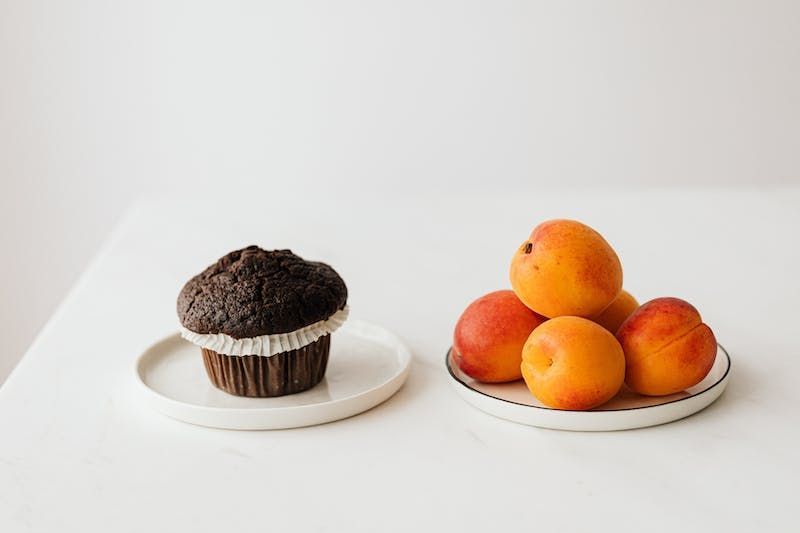
Macro Balance
Instead of removing carbs, focus on pairing carbs with protein and healthy fats whether you’re eating them as a meal or a snack. For example, instead of just eating an apple or crackers, try an apple and almond butter or crackers with cheese. Pairing carbs with protein or fat keeps blood sugars stable.
Fiber
Choosing slow-burn carbs naturally increases fiber intake, but double down on fiber wherever you can. Fiber slows the digestion of food, keeping you full for longer and regulating your blood sugar and hormones. Non-starchy vegetables, whole grains, nuts, seeds, and berries are great sources of fiber.
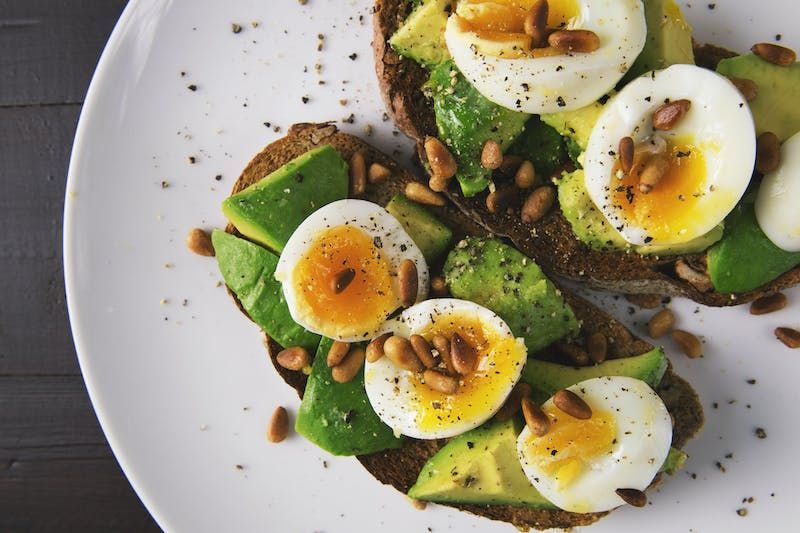
Other Factors that Impact PCOS
Paying attention to the amount and the types of carbs you eat plays a huge role in PCOS remission, but don't make the mistake of only focusing on carbs. Your hard work will go to waste if you ignore your sleep, exercise, inflammation levels, stress levels, and other aspects of your diet.
Sleep
Sleep is an often overlooked component of hormone health and blood sugar regulation. Too little sleep is linked to poor blood sugar control and increased insulin resistance which can make PCOS worse.
Cut back on afternoon caffeine and implement a calming evening routine to get as close as possible to 8 hours of high-quality sleep each night.
Exercise
Exercise enhances insulin sensitivity and promotes a healthy body weight, both of which are contributing factors for PCOS. Doing the right types of exercise helps eliminate excess hormones and normalizes testosterone levels.
I dive into exactly how to exercise for hormone balance and provide a weekly workout framework in my
Restore Program!
Inflammation
Chronic inflammation worsens PCOS. Managing inflammation is possible with diet and lifestyle interventions like prioritizing whole, antioxidant-rich, anti-inflammatory foods and reducing exposure to endocrine disruptors.
Stress
Stress plays a role in obesity, metabolic dysfunction, and hormone dysregulation. Managing stress is a non-negotiable for hormone balance and PCOS. Mindfulness practices, low-impact exercise, journaling, therapy, and talking with a trusted friend can all be helpful stress-reducing techniques.

Nutrient-Rich Diet
Eating a diet full of nutrients plays a tremendous role in hormone balance. In fact, I just wrote an entire article on the essential components of a
hormone-balancing diet to get you moving (or eating) in the right direction.
Final Thoughts
PCOS is a common hormonal condition that leaves many women with unwanted side effects like weight gain, hair loss, acne, and infertility.
Thankfully, putting PCOS into remission isn't about ditching carbs or going on extreme diets.
The key is choosing the right types of carbs the majority of the time, taking care of your whole self (think sleep, stress, and exercise), and listening to your body.
I know making changes to your daily habits can feel overwhelming, but you don’t have to face it alone.
If you’re ready to put your PCOS into remission, check out my
Restore Program. Restore is a step-by-step guide with weekly action plans, Zoom calls with me, recipes, and all my best tips for optimizing diet and lifestyle for hormone harmony.
Continue Reading
